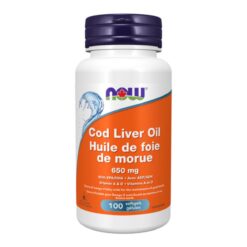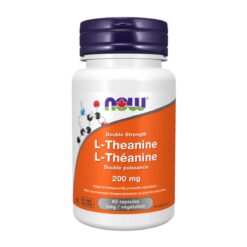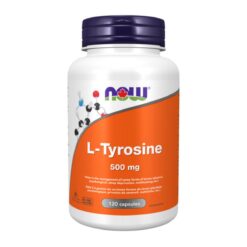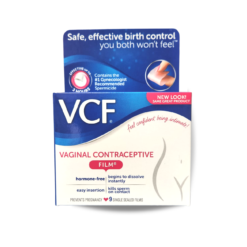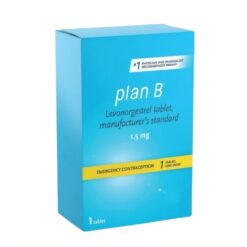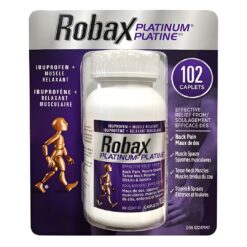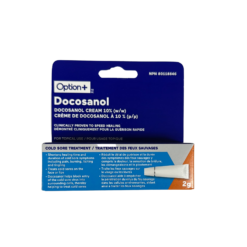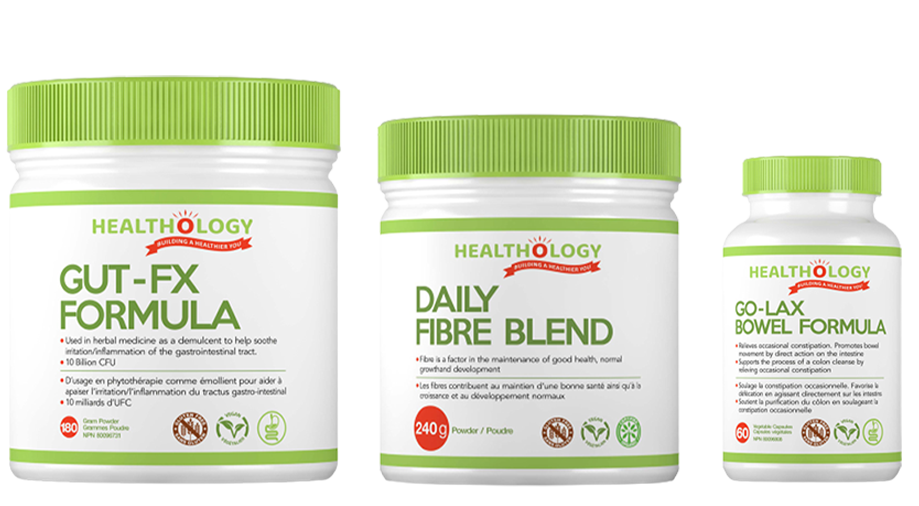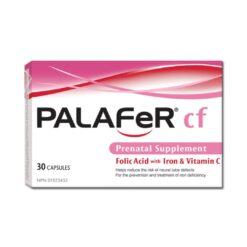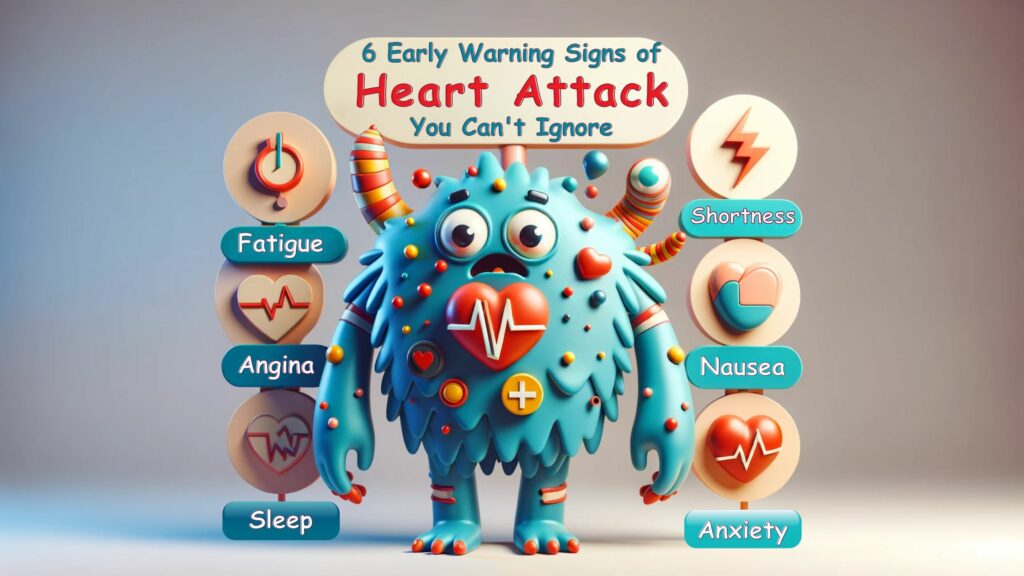Heart attacks are often thought of as sudden and intense, but many cases are preceded by warning signs that can appear up to a month in advance.
Recognizing these early indicators is crucial for timely medical intervention and can be life-saving.
This blog post aims to shed light on the 6 Signs of a Heart Attack a Month Before helping you understand and identify these critical symptoms.
The Importance of Early Detection
Early detection of heart attack signs can significantly increase the chances of survival and reduce the risk of severe complications.
Understanding these signs is especially important as heart attacks remain one of the leading causes of death worldwide.
Recognizing the Early Signs
Many people overlook or misinterpret the early signs of a heart attack, attributing them to less serious health issues.
Symptoms like mild chest discomfort, occasional shortness of breath, or unexplained fatigue can be precursors to a heart attack.
These symptoms should never be ignored, particularly if you have risk factors for heart disease. [Source]
In-Depth Examination of the 6 Early Warning Signs of a Heart Attack
1. Unusual Fatigue
Unusual fatigue as an early heart attack sign is often underestimated. This type of fatigue is not the usual tiredness one feels after a busy day or lack of sleep.
Instead, it’s profound and unexplained exhaustion that doesn’t improve with rest.
It may feel like a deep, draining weariness that impedes daily activities and doesn’t align with one’s level of exertion.
Women, in particular, may notice this symptom more prominently. This fatigue can be due to the heart struggling to pump blood efficiently, as blockages in the arteries can reduce oxygen supply to the heart muscle.
Understanding this symptom’s subtlety is crucial, and if you’re experiencing such unusual fatigue, especially if accompanied by other symptoms, it should prompt a medical evaluation. [Source]
2. Shortness of Breath
Shortness of breath, medically known as dyspnea, can be a startling prelude to a heart attack.
This symptom involves a sudden, unexpected difficulty in breathing that occurs without an obvious cause.
It can happen during routine activities or even at rest. This sign is particularly concerning if it’s a new symptom and not related to an existing health issue like asthma or obesity.
The underlying cause can be due to the heart struggling to pump blood efficiently, leading to fluid accumulation in the lungs.
This fluid buildup makes it harder to breathe, a condition known as cardiac dyspnea.
It’s a symptom that shouldn’t be ignored, especially if it’s new or worsening, and if it occurs alongside other symptoms like chest discomfort or fatigue, immediate medical attention is warranted. [Source]
3. Mild Chest Discomfort (Angina)
Mild chest discomfort, often experienced as a pressure, tightness, or aching sensation, can indicate angina, an early sign of heart trouble.
This discomfort might not always be the crushing pain typically associated with heart attacks but can feel more like persistent indigestion or a heaviness in the chest.
It’s often mistaken for less serious conditions and hence overlooked. Angina occurs when the heart muscle doesn’t receive enough oxygen-rich blood, causing transient pain or discomfort.
This symptom might come and go and is often triggered by physical exertion or emotional stress.
Recognizing and addressing angina is vital, as it can escalate into a more severe condition, potentially leading to a heart attack.
Anyone experiencing such symptoms should seek medical evaluation, particularly if these episodes increase in frequency or severity. [Source]
4. Sleep Disturbances
Significant changes in sleeping patterns or experiencing unexplained sleep disturbances can be subtle indicators of an impending heart attack.
These disturbances can include difficulty falling asleep, staying asleep, or waking up frequently during the night.
Some individuals might also experience night sweats or wake up feeling anxious without a clear reason.
These symptoms can occur due to underlying heart issues, as the body might be struggling to compensate for reduced heart function. Such sleep disturbances are often overlooked or attributed to stress or aging.
However, when they occur in conjunction with other symptoms like chest discomfort or shortness of breath, they warrant further investigation.
Paying attention to changes in sleep quality and seeking medical advice if these changes persist can be crucial steps in early heart attack detection. [Source]
5. Indigestion or Nausea
Many people might experience indigestion, nausea, or abdominal discomfort as precursors to a heart attack.
These symptoms can be easily mistaken for a stomach ailment. However, in the context of heart health, they might indicate that the heart is not pumping effectively, leading to digestive disturbances as a result of reduced blood flow.
This is particularly common in women, who may not always experience the typical chest pain associated with heart attacks.
The sensation can range from mild discomfort in the stomach area to severe nausea and vomiting.
It’s essential to consider these symptoms, especially if they’re new or unexplained and occur alongside other heart attack warning signs.
Taking such gastrointestinal symptoms seriously and discussing them with a healthcare professional could be a critical step in identifying heart issues early. [Source]
6. Unusual Anxiety
Experiencing unexplained or unusually high levels of anxiety can be an early warning sign of a heart attack.
This isn’t the typical anxiety one might feel before an important event but a sudden, overwhelming sense of apprehension or doom.
Such psychological symptoms can arise when the heart is not functioning optimally, possibly due to reduced blood flow affecting the body’s stress response.
This symptom is often reported retrospectively by individuals who have survived heart attacks.
They describe feeling a sense of impending doom or severe anxiety in the days or weeks leading up to the event.
While anxiety is a common emotion, when it occurs suddenly and intensely without a clear cause and is accompanied by other symptoms like chest discomfort or shortness of breath, it should not be dismissed and warrants immediate medical attention. [Source]
Atypical Heart Attack Presentations and the Stress-Heart Health Connection
Atypical Heart Attack Symptoms in Women
Heart attack symptoms in women can often differ from the typical chest pain experienced by men.
Women are more likely to experience symptoms like shortness of breath, nausea or vomiting, and back or jaw pain.
Understanding these atypical presentations is crucial for early detection and treatment. [Source]
Heart attack symptoms can vary significantly, especially in women.
To get personalized advice and understand more about these atypical symptoms, consult our health expert today.
Early detection is key to effective management.
The Connection Between Stress and Heart Health
Stress is a significant risk factor for heart attacks. Chronic stress can lead to high blood pressure, arterial damage, and irregular heart rhythms.
Managing stress through lifestyle changes, relaxation techniques, and professional support can be beneficial for heart health. [Source]
Importance of Recognizing Silent Heart Attacks
Silent heart attacks, which occur without the usual symptoms, are more common than many realize.
Being aware of silent heart attack indicators and the importance of regular health screenings can help in early detection and prevention. [Source]
Understanding Heart Attack Risk Factors and Prevention
A critical aspect of preventing heart attacks is understanding and managing risk factors.
Common risk factors include high blood pressure, high cholesterol, obesity, smoking, and a family history of heart disease.
Lifestyle choices also play a significant role. Recognizing these risks is the first step toward prevention.
Lifestyle Changes for Heart Health
Modifying lifestyle choices is key in reducing the risk of heart attacks.
This includes adopting a heart-healthy diet, regular physical activity, quitting smoking, and managing stress.
These changes not only lower the risk of heart disease but also contribute to overall health and well-being. [Source]
Making lifestyle changes is a proactive step towards heart health, but it can be challenging to know where to start.
For tailored advice that fits your unique health profile, consult our virtual clinic. We’re here to support your journey to a healthier heart.
The Role of Preventive Healthcare
Regular health check-ups and screenings play a vital role in preventing heart attacks.
This includes monitoring blood pressure, cholesterol levels, and other relevant health markers.
Early detection of potential issues allows for timely intervention and management.
Dietary Changes for Heart Health
A heart-healthy diet is pivotal in preventing heart attacks. This includes consuming a balanced diet rich in fruits, vegetables, whole grains, lean proteins, and healthy fats.
Reducing intake of saturated fats, trans fats, and processed sugars can also lower heart disease risk. [Source]
When to Seek Immediate Medical Attention
Recognizing when to seek immediate medical attention for heart attack symptoms cannot be overstated.
Symptoms like chest pain, shortness of breath, upper body discomfort, and sudden dizziness are urgent medical emergencies.
Familiarizing yourself with these signs and acting promptly can be lifesaving.
Conclusion: Recognizing the 6 Early Warning Signs of a Heart Attack
Understanding and recognizing the 6 early warning signs of a heart attack can be life-saving.
From unusual fatigue to unexplained anxiety, these signs are vital indicators that should not be overlooked.
Early detection and timely medical intervention can drastically alter the outcome of a heart attack. We encourage everyone, especially those with risk factors, to be vigilant about their heart health.
Remember, your heart’s health is in your hands, and staying informed is key. If you experience any of these warning signs, seek medical attention immediately.
Stay heart-aware and proactive in protecting your most vital organ.






















